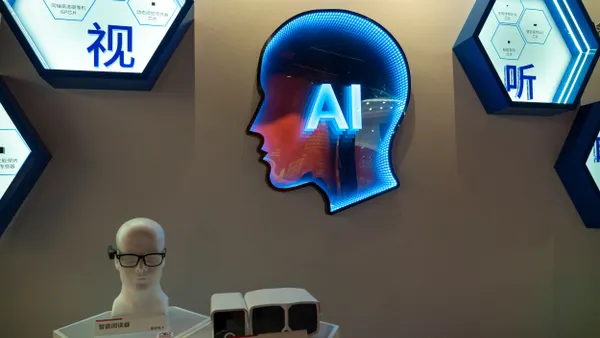Employers are significantly more likely to offer job interviews and higher salaries to job candidates with experience related to artificial intelligence, according to a new study published in the journal Oxford Economics Papers.
Specifically, college graduates with “AI capital” or business-related AI studies listed on their resumes and cover letters were far more likely to receive an interview invitation and higher wage offers.
“In the UK, AI is causing dramatic shifts in the workforce, and firms need to respond to these demands by upgrading their workforces through enhancing their AI skills levels,” study author Nick Drydakis, a professor of economics at Anglia Ruskin University in Cambridge, said in a statement.
As part of an experiment, researchers submitted fake applications to job vacancies, which included CVs from 21-year-old British college graduates with a degree. Some of the applicants had studied an “AI in business” module, which was mentioned in their cover letter for the job.
Researchers submitted a matched pair of male applicants — one with AI capital and one without — to 680 companies, resulting in 1,360 applications from men. In addition, he sent 1,316 similar applications from women to 658 companies.
Overall, men with AI capital received an interview invitation 54% of the time, while men without AI capital were asked to an interview 28% of the time.
Similarly, women with AI capital received an interview invitation in half of cases, and those without AI capital were invited to an interview in 32% of cases.
At large firms, applicants with AI capital were 36 percentage points more likely to be invited to an interview than in small-to-medium firms.
Beyond that, men with AI capital were shortlisted for job offers with wages that were 12% higher, on average, and women with AI capital were offered interviews for jobs with wages that were 13% higher.
“Larger firms particularly valued AI capital, possibly because they tend to undergo more AI-based structural technological transformations and have greater capacity for innovation,” Drydakis said.
Many companies have an unbalanced “buy versus build” approach to AI and plan to recruit new talent to handle their AI adoption rather than upskill their existing workers, according to a report from The Adecco Group. Instead, leaders should use both approaches and train their workers in order to avoid skills gaps, the report explained.
As more companies look for AI-related talent, employers are struggling to find the right candidates and paying premiums to fill in-demand roles, according to a General Assembly report. Companies are using alternative ways to find and hire talent, with more than half of leaders reducing traditional educational requirements for open positions and hiring additional HR staff to acquire talent.
Among AI-savvy companies, leaders are moving past AI infatuation and making serious changes to their talent strategy, according to a Deloitte report. Most leaders who are now piloting or implementing AI at their organizations said they’re looking to change their talent strategies during the next two years, particularly around work processes and upskilling or reskilling employees.













